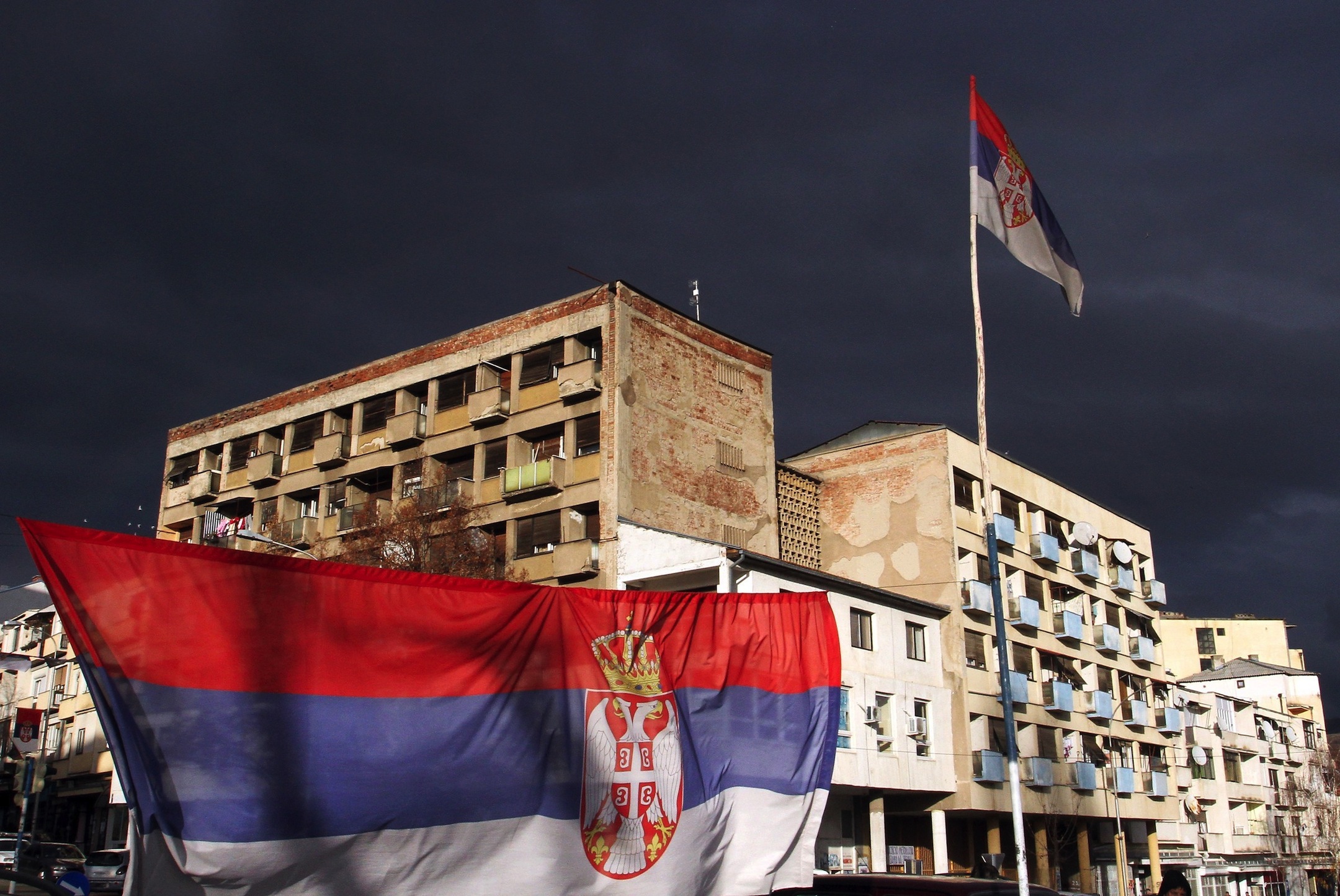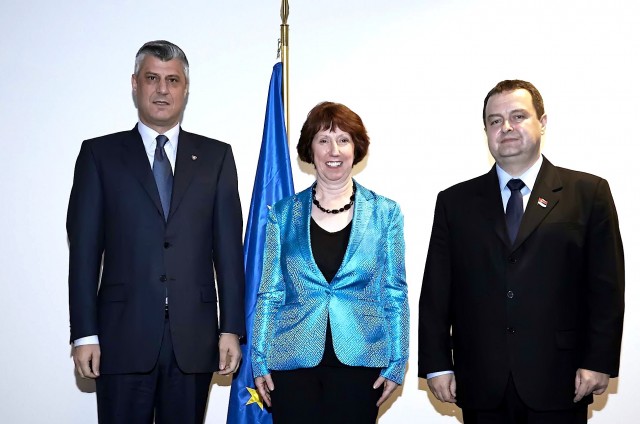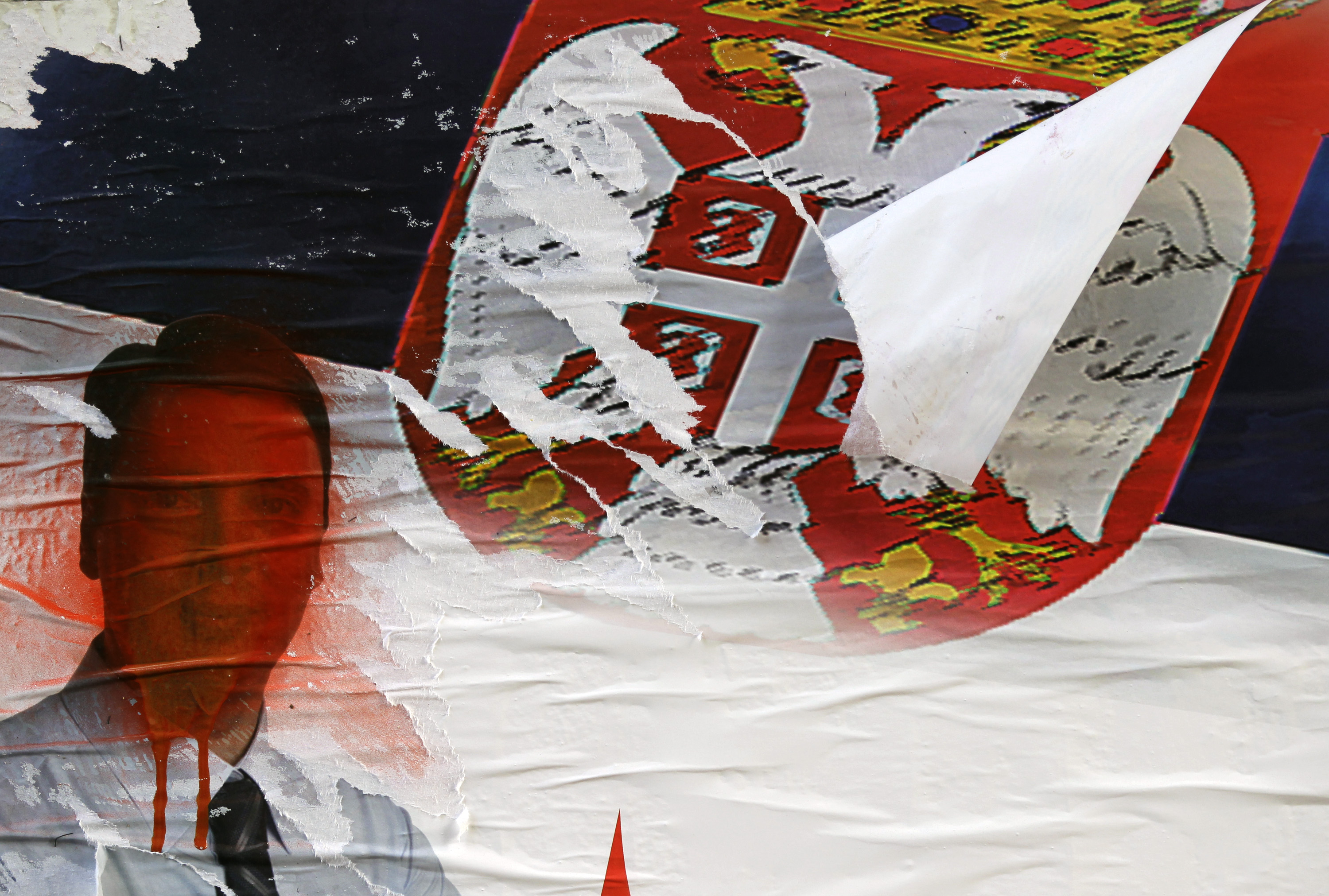Kosovo – alternativna rešenja za sever
Iako je na severu Kosova u poslednje vreme bilo relativno mirno, sa iznimkom nekoliko manjih incidenata, prisutna je sumnja da se ova situacija može održati bez daljiih sputavanja i mogućeg političkog rešenja zasnovanog na jednom od dve alternative - specijalnoj autonomiji za sever ili podeli.
Kosovo chooses its future course
The outcome of Kosovo's first general elections since declaring independence will be key to determining Pristina’s willingness to engage constructively in forthcoming talks with Serbia.
Kosovo – the alternatives for the North
Though northern Kosovo has been relatively calm of late, albeit with a series of minor incidents, it is doubtful that this situation can persist without continued restraint and an eventual political solution based upon one of two alternatives - special autonomy for the north or partition.
Kosovo – the Ahtisaari plan redux
The Ahtisaari plan - or something like it - will have to be part of any practical arrangement for the north of Kosovo, with the international community possibly taking the place of Pristina in the Plan's implementation.
Kosovo i Ahtisarijev plan Reduks
Ahtisarijev plan - ili nešto slično tome - će morati biti deo bilo kakvog praktičnog rešenja za sever Kosova, uz mogućnost da međunarodna zajednica preuzme ulogu Prištine u sprovođenju Plana.
Kosovo – the ICJ speaks
The International Court of Justice's ruling has found Kosovo's declaration of independence to be neither legal nor illegal, but that international law contains no applicable prohibition of such declarations.
Kosovo – “a struggle over who gets the north”
An interview with Gerard Gallucci, the former UN Regional Representative in Mitrovica, in which he discusses the impending International Court of Justice (ICJ) ruling on the legality of Kosovo's declaration of independence and its implications for the future of the disputed territory, particularly the north of Kosovo.
Kosovo – the European Parliament's resolute message
Though most coverage focused upon its call for the remaining five EU member states to recognize Kosovo's independence, the European Parliament's resolution highlights a number of important areas of reform where further progress is urgently required.
Kosovo – is the United States inciting violence in the North?
Tacit and explicit US support for Pristina's unilateral approach to the north of Kosovo has fueled an already volatile situation, contributing to an increase in tensions and acts of provocation that threaten further violent confrontations similar to that of July 2nd.
Kosovo – moderation in Mitrovica
The result of local elections in Northern Mitrovica suggests a shift towards more moderate voices that may help facilitate constructive dialogue between Kosovo Serbs and Pristina.
Kosovo – divisible sovereignty
Side-stepping the sovereignty issue and avoiding partition requires increased autonomy for the Serbs north of the Ibar and some form of role for Serbia vis-à-vis the southern Serbs and the Serbian Orthodox Church.
Kosovo – no return?
In light of recent protests, the international community and the Kosovo authorities must do more to ensure the sustainable return of Serbs and other non-Albanian minorities to Kosovo.
Kosovo – what to do with the north, ad interim
The international community will need to find a more comprehensive approach to the north of Kosovo, acceptable to the majority Serbs, that can serve in the interim to help normalize daily life there whilst the status issue remains unresolved.
Montenegro – in between Serbia and Kosovo
Montenegro must tread carefully in order to resolve its outstanding issues with Serbia and Kosovo, with the latter required to fulfill three key conditions – border demarcation, the sustainable return of displaced persons and recognition of the ethnic Montenegrin community - before full diplomatic relations will be established.
Kosovo – okay, really, what next?
With 2009 having ended much as it began, the international community must continue to pursue a peacekeeping approach to the north in order to keep alive the possibility of a negotiated outcome.
Kosovo – partitioning what from what?
Though partition is far from the best way to resolve the Kosovo question, it is a political option for Kosovo as part of a final status resolution and has been used by one side already.
Kosovo – what is to be done?
With the International Court of Justice’s verdict on the legality of Kosovo’s unilateral declaration of independence likely to be tilted in Serbia’s favour, possible elements... Read More
Kosovo and the Ahtisaari Plan
In the absence of a status agreement, the Quint must look at the Ahtisaari Plan once more by re-engaging Russia and focusing on trying to... Read More
Peacekeeping in Kosovo
Peacekeeping in Kosovo requires continuous efforts to help local Albanians and Serbs co-exist next to each other while working to find ways for them to... Read More
Clashes in Kosovo
A series of clashes in Kosovo have further exposed EULEX’s perceived and actual shortcomings with respect to its proclaimed status neutrality.
Walking the Kosovo tightrope
With Kosovo's status under debate, the EU's rule-of-law mission must remain neutral if it is to ensure stability in the region.
Evading the rule of law
The failure to extradite Agim Ceku, the former prime minister of Kosovo, represents a further blow to international law and good neighbourly relations in the Western Balkans.
EULEX and minority communities in Kosovo
TransConflict's Co-Founders, Mr. Ian Bancroft and Ms. Mirjana Kosic, recently took part in a three-day workshop organized by the Youth Dialogue Programme, in conjunction with the EULEX Mission in Kosovo, entitled, "EULEX and Minority Communities in Kosovo".
The flight of Kosovo's minorities
The EU insists that Kosovo is a tolerant and multi-ethnic society. So why are its minorities leaving?
Kosovo's Serbs must return
The international community has failed to ensure the safe return of hundreds of thousands of people expelled from their homes.










